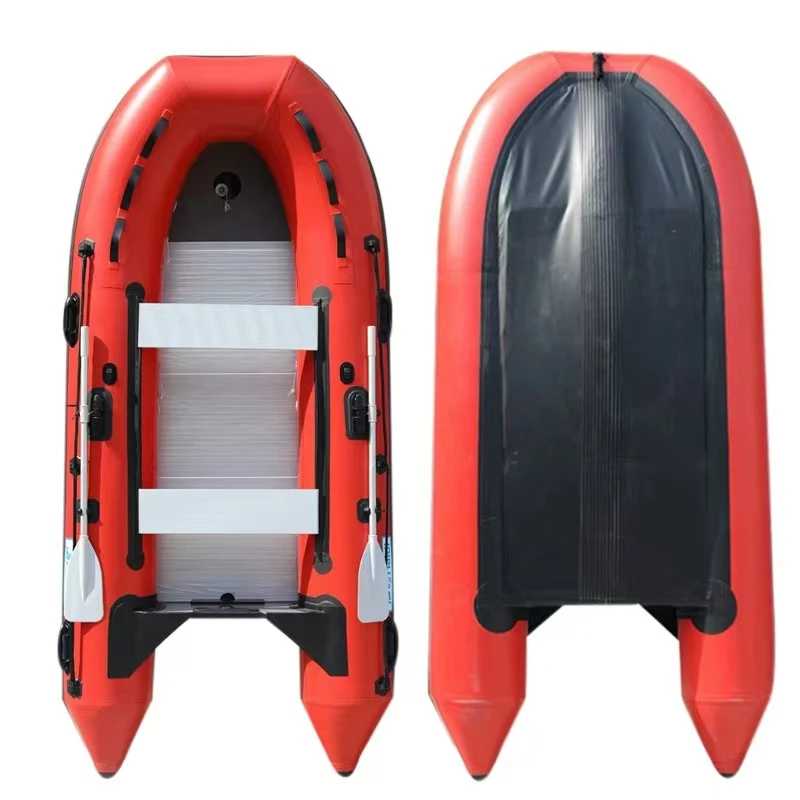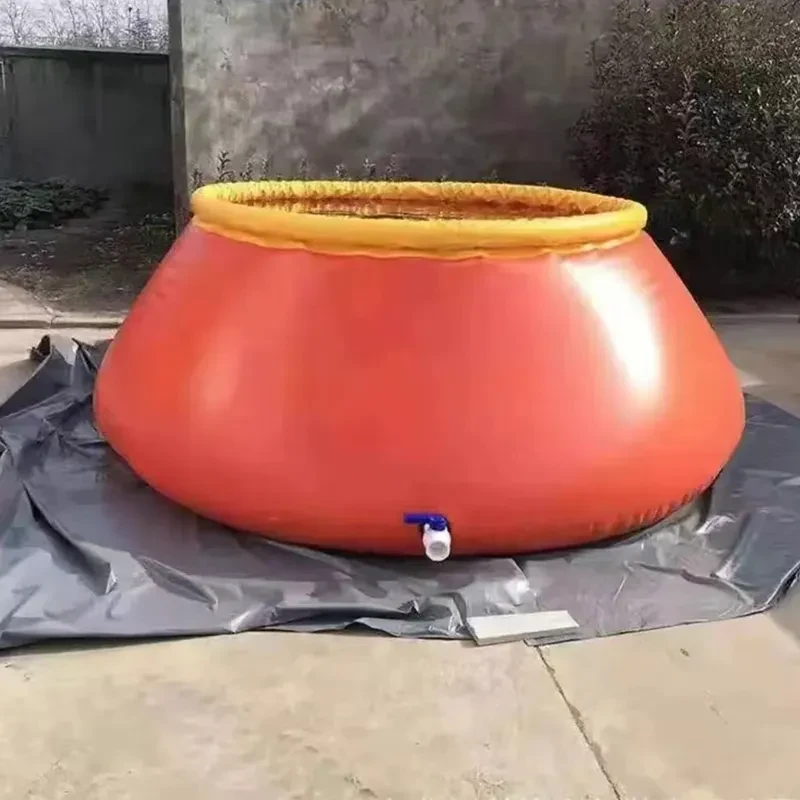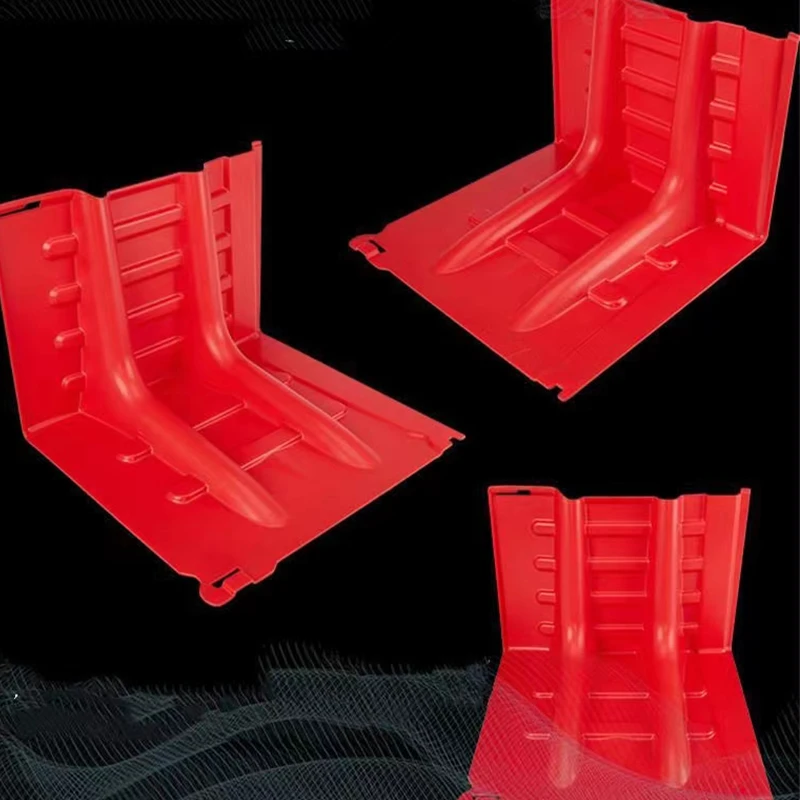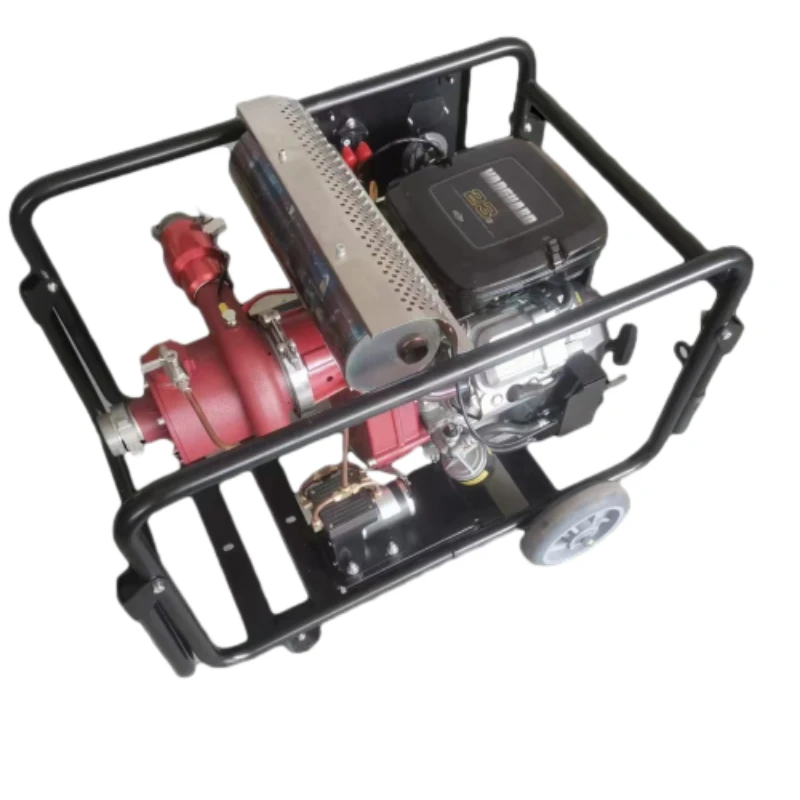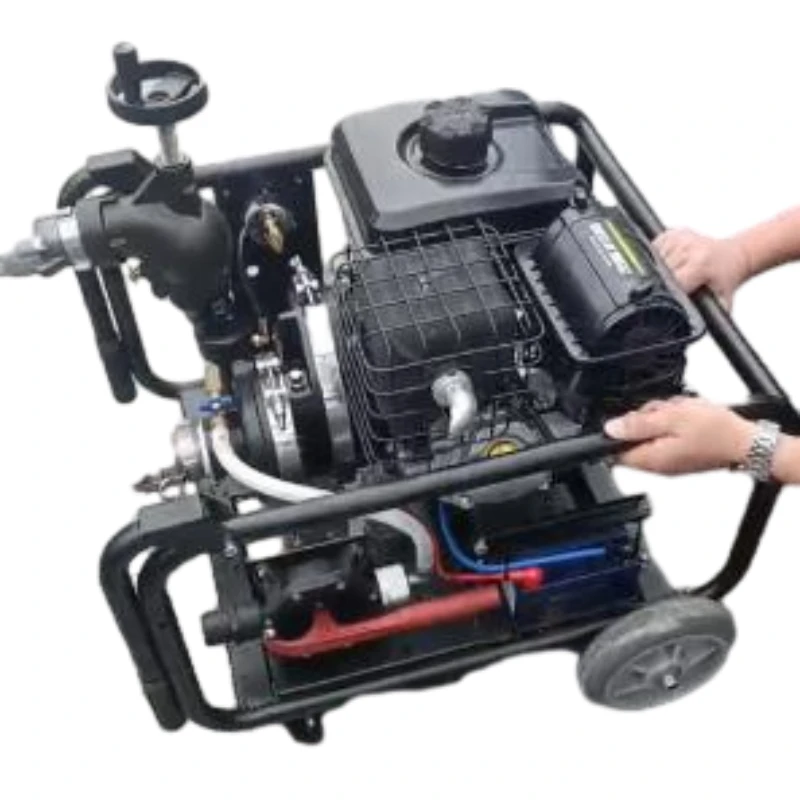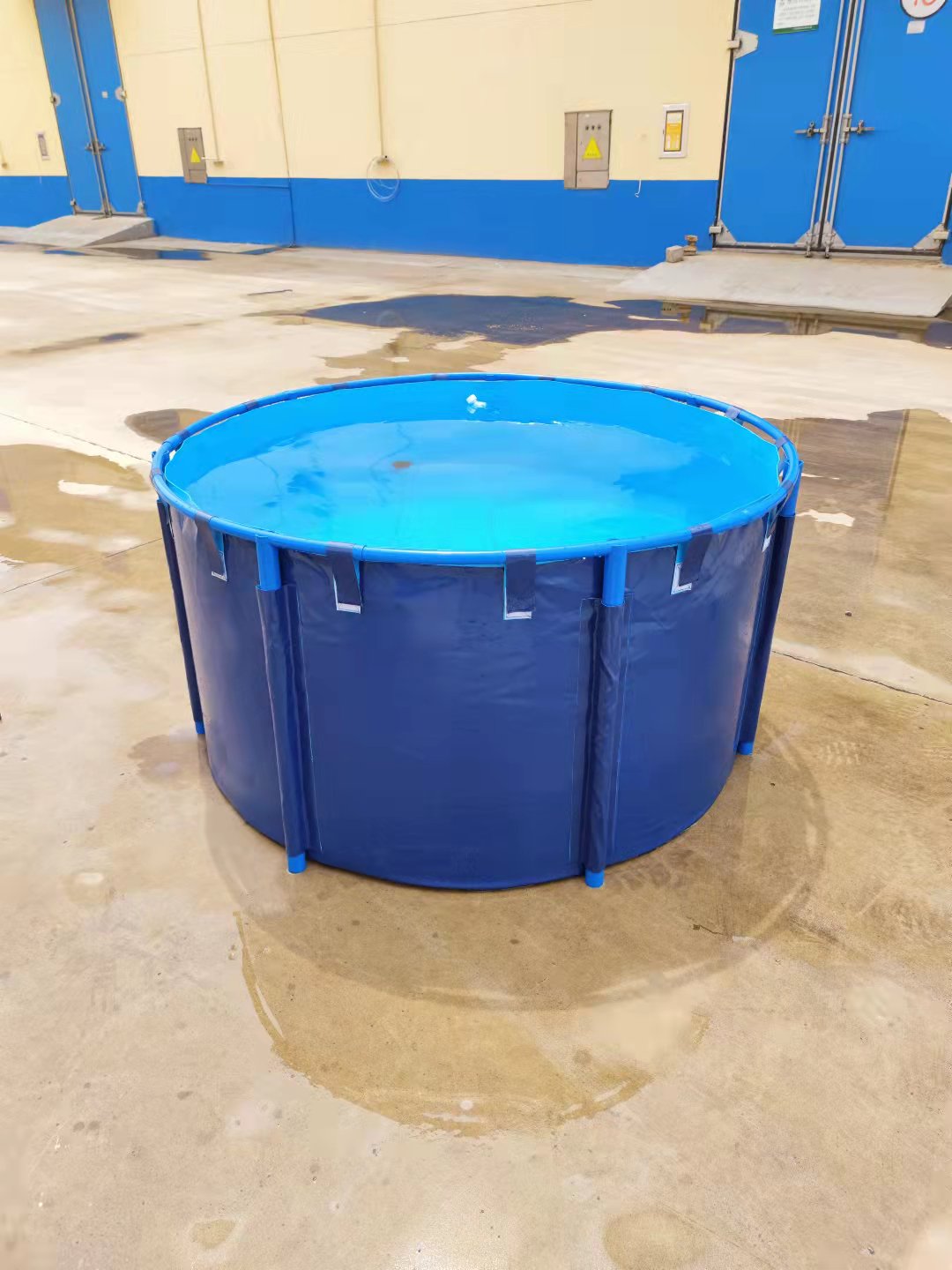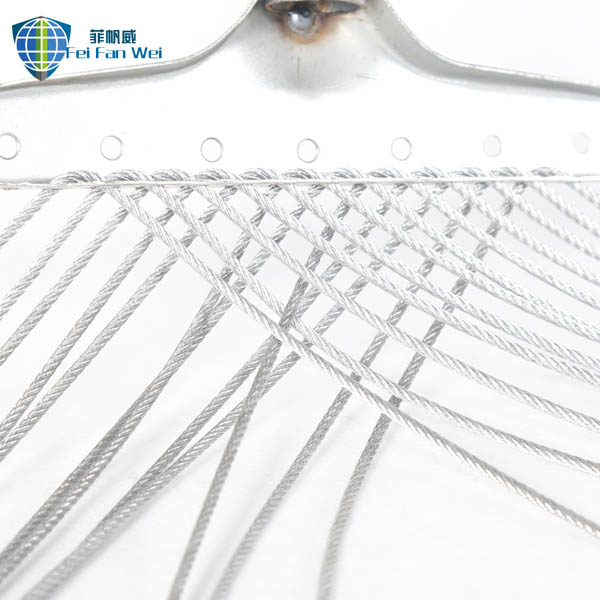In demanding industrial and emergency response contexts, the efficient and reliable storage and transport of water are paramount. Conventional rigid tanks often present logistical challenges due to their weight, bulk, and deployment complexity. Addressing these critical limitations, the Portable Flexible Water Tank/Onion forestry water tank emerges as an indispensable solution, offering unparalleled adaptability and operational efficiency for a diverse range of B2B applications. This comprehensive overview delves into its technical intricacies, strategic advantages, and real-world impact.
Industry Trends Driving Flexible Water Storage Solutions
The global market for flexible water storage solutions is experiencing robust growth, primarily propelled by increasing environmental challenges, the escalating frequency of natural disasters, and the expanding need for temporary and mobile water reserves in remote or underdeveloped regions. Data from market analysis firms indicates a compound annual growth rate (CAGR) exceeding 6% for flexible storage tanks over the next five years, reaching an estimated market value of over $800 million by 2028. Key drivers include:
- Emergency Preparedness: Governments and NGOs are heavily investing in rapid-response infrastructure, where solutions like the Portable Flexible Water Tank/Onion forestry water tank are crucial for quick water supply during droughts, floods, or humanitarian crises.
- Forestry and Wildfire Management: Climate change contributes to longer and more intense wildfire seasons, necessitating portable water sources for suppression efforts in challenging terrains.
- Agriculture and Irrigation: The demand for efficient water management in agriculture, including temporary storage for irrigation and fertigation, is driving adoption.
- Construction and Industrial Projects: Remote construction sites and industrial operations require readily available, portable water for various processes, often in areas lacking permanent infrastructure.
- Environmental Sustainability: The lighter footprint and reusability of flexible tanks contribute to sustainable practices, aligning with corporate environmental responsibility initiatives.
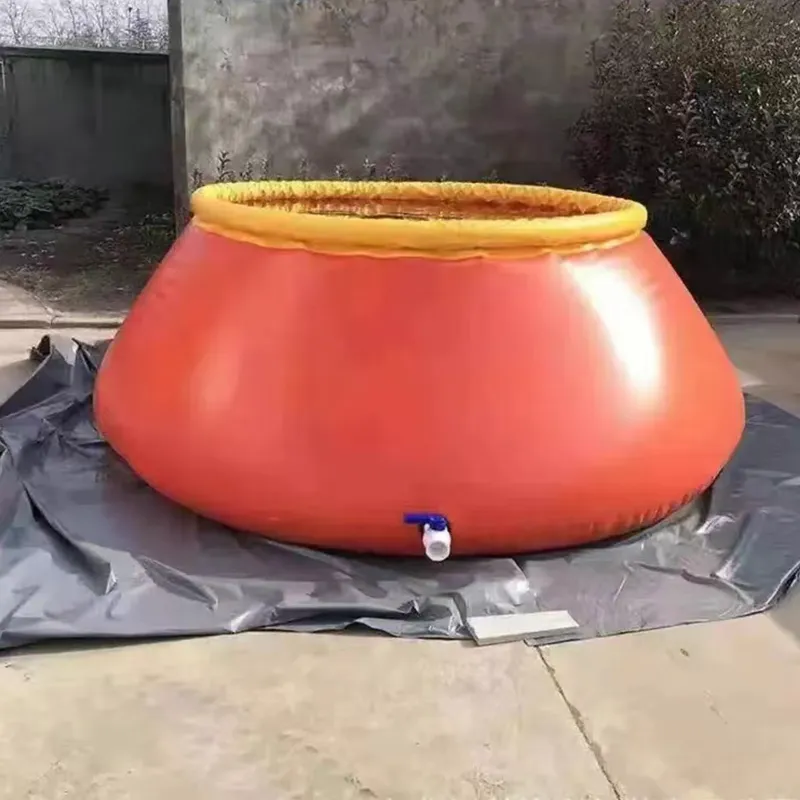
This dynamic landscape underscores the critical role of innovative, deployable water storage solutions in ensuring operational continuity and public safety across diverse sectors.
Manufacturing Process of Portable Flexible Water Tanks
The production of a Portable Flexible Water Tank/Onion forestry water tank is a meticulous process, engineered to ensure durability, reliability, and chemical compatibility. Unlike rigid tanks that may involve casting or welding of metals, flexible tanks rely on advanced textile engineering and sealing technologies. The typical manufacturing process adheres to stringent quality control standards, often compliant with ISO 9001.
Process Flow:
-
Material Selection and Preparation:
The primary materials are high-strength technical fabrics, typically polyester or nylon, coated with advanced polymers such as Polyvinyl Chloride (PVC) or Thermoplastic Polyurethane (TPU). These materials are chosen for their superior tear resistance, abrasion resistance, UV stability, chemical compatibility, and non-toxicity for water storage. For specific applications like potable water, FDA-approved coatings are utilized. Material rolls are inspected for flaws and cut precisely using automated CNC cutting machines to minimize waste and ensure dimensional accuracy.
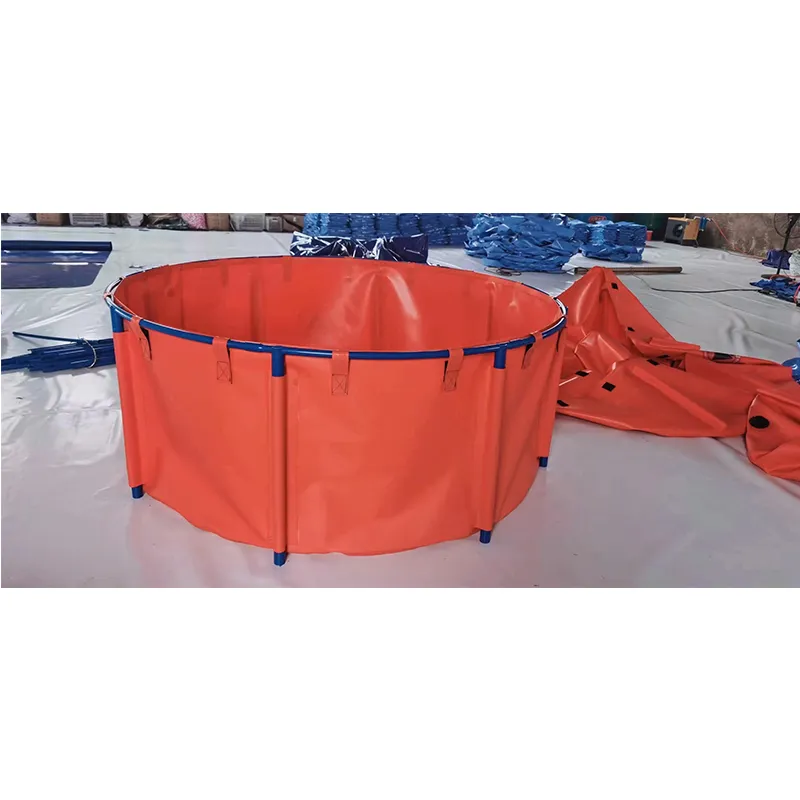
-
High-Frequency Welding (RF Welding) or Hot Air Welding:
Individual fabric panels are joined using high-frequency welding or hot air welding techniques. These processes create incredibly strong, hermetic seams that are impervious to leaks, ensuring the tank's integrity under pressure and during extended use. This method essentially fuses the polymer coatings, creating a bond stronger than the base material itself. Precision controls ensure consistent seam quality across the entire tank structure.
-
Fitting Integration:
Inlet and outlet ports, valves, and other ancillary fittings (e.g., pressure relief valves, hose connections) made from corrosion-resistant materials like brass, stainless steel, or high-grade plastics, are then integrated into the tank structure. These connections are typically reinforced and welded securely to prevent leaks and ensure robust performance during deployment and operation.
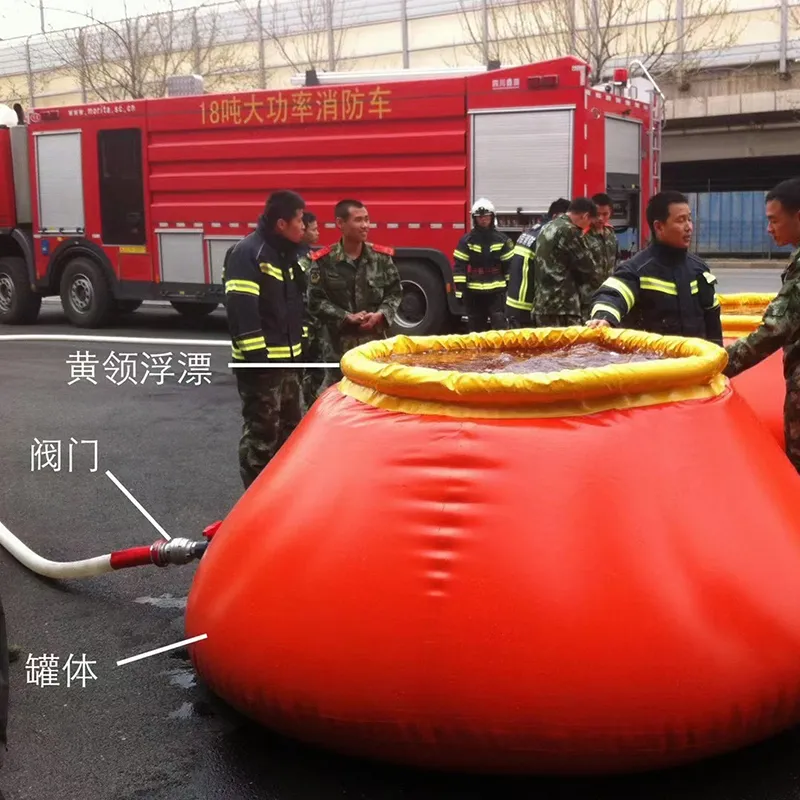
-
Reinforcement and Finishing:
Stress points, such as lifting handles, corners, and fitting areas, are reinforced with additional layers of material or webbing to enhance durability and prolong service life. The tank undergoes final shaping and accessory attachment, such as ground covers or protective skirts, if required.
-
Quality Control and Testing:
Every tank undergoes rigorous testing. This includes hydrostatic pressure testing to verify seam integrity and leak resistance, air inflation tests, and visual inspections for any manufacturing defects. Material samples are periodically tested for tensile strength, burst pressure, and resistance to UV degradation and chemical exposure, often adhering to ASTM, EN, or ISO standards. This ensures a service life typically ranging from 5 to 10 years, depending on material and operational conditions.
This meticulous manufacturing paradigm guarantees that each Portable Flexible Water Tank/Onion forestry water tank meets the highest standards for performance and reliability in critical applications.
Technical Specifications and Parameters
The performance characteristics of the Portable Flexible Water Tank/Onion forestry water tank are defined by a robust set of technical parameters, engineered for demanding environments. Below is a representative table outlining key specifications.
| Parameter | Specification Range |
|---|---|
| Capacity Range | 200 Liters to 200,000 Liters (50 US Gallons to 50,000 US Gallons) |
| Material | UV-stabilized PVC or TPU coated high-tenacity polyester fabric |
| Material Thickness | 0.9 mm to 1.5 mm (35 oz/yd² to 45 oz/yd² equivalent) |
| Tensile Strength | Warp: ≥ 4200 N/5cm, Weft: ≥ 4000 N/5cm (ISO 1421) |
| Tear Strength | Warp: ≥ 500 N, Weft: ≥ 450 N (DIN 53363) |
| Operating Temperature | -30°C to +70°C (-22°F to +158°F) |
| Burst Pressure | Typically > 0.3 MPa (43.5 PSI) |
| Fittings | Standard 2" to 6" camlock or flange fittings, customizable |
| Service Life | 5-10 years under normal operating conditions |
| Certifications | ISO 9001, CE, specific material certifications (e.g., FDA for potable water) |
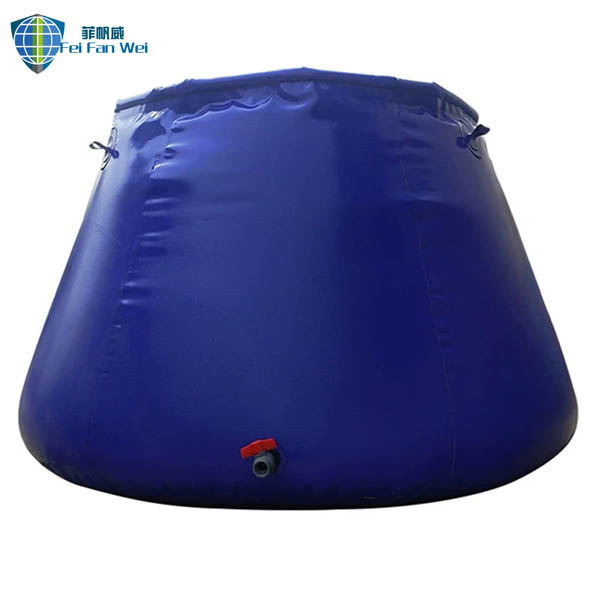
These specifications are crucial for engineers and procurement specialists in assessing suitability for specific project requirements, ensuring compatibility with existing infrastructure, and guaranteeing long-term performance in challenging environments.
Technical Advantages and Operational Benefits
The design and material science behind the Portable Flexible Water Tank/Onion forestry water tank confer several significant technical and operational advantages over traditional rigid storage solutions. These benefits translate directly into enhanced efficiency, reduced costs, and improved safety for B2B operations.
- Superior Portability and Rapid Deployment: When empty, these tanks fold down into a compact, lightweight package, significantly reducing transportation costs and storage space. A 20,000-liter tank, for example, can be transported in a small utility vehicle and deployed by a minimal crew in minutes, a stark contrast to the logistical demands of rigid tanks. This rapid deployment capability is critical in emergency response and remote site operations.
- Exceptional Corrosion Resistance: Constructed from advanced polymer-coated fabrics, these tanks are inherently resistant to corrosion, rust, and most chemicals, eliminating the deterioration issues associated with metallic tanks. This ensures the integrity of stored water and extends the product's lifespan, even in harsh climates or when storing treated water.
- UV and Weather Stability: The specialized coatings are formulated with UV inhibitors, providing long-term resistance to solar degradation. This feature is vital for outdoor deployment, ensuring material stability and preventing embrittlement or structural weakening under prolonged sun exposure.
- Durability and Puncture Resistance: High-tenacity polyester fabric, combined with robust polymer coatings, provides excellent resistance to punctures, abrasions, and tears, even in rugged terrain. The flexible nature of the tank also allows it to conform to uneven surfaces, mitigating stress points that could compromise rigid structures.
- Environmental Footprint Reduction: The energy saving aspect extends beyond transport; the manufacturing process itself often has a lower carbon footprint compared to producing equivalent rigid tanks. Furthermore, their reusability and extended service life contribute to less waste generation.
- Reduced Contamination Risk: The enclosed design and inert materials help protect stored water from external contaminants, algae growth, and evaporation, ensuring water quality for critical applications.
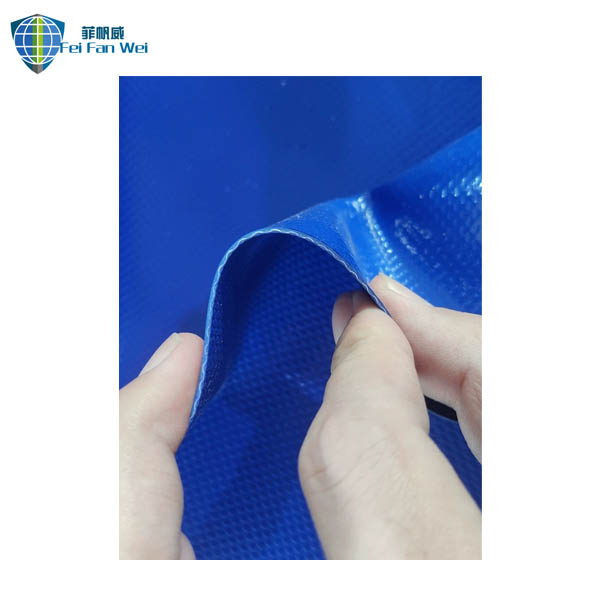
These advantages collectively position the Portable Flexible Water Tank/Onion forestry water tank as a superior choice for organizations prioritizing efficiency, reliability, and cost-effectiveness in their water storage and management strategies.
Diverse Application Scenarios
The versatility of the Portable Flexible Water Tank/Onion forestry water tank makes it indispensable across numerous sectors, addressing critical water supply and storage needs in dynamic environments.
- Forestry and Wildfire Suppression: For remote firefighting operations, these tanks serve as immediate, deployable water caches, allowing helicopters and ground crews to refill rapidly without lengthy trips to distant water sources. Their onion shape provides a stable, self-supporting structure ideal for temporary setup.
- Disaster Relief and Humanitarian Aid: Following natural disasters (earthquakes, floods, tsunamis), immediate access to potable water is life-saving. Flexible tanks provide critical temporary storage for safe drinking water, supporting displaced populations and emergency operations.
- Agricultural Irrigation and Fertigation: Farmers utilize these tanks for temporary storage of irrigation water, liquid fertilizers, or animal drinking water in fields, significantly reducing reliance on fixed infrastructure and enabling efficient resource distribution.
- Construction Sites: Providing temporary water for concrete mixing, dust suppression, equipment washing, or general utility, especially in remote or developing construction projects where traditional water sources are unavailable.
- Military and Defense Operations: Field deployments require resilient and mobile water storage for troop sustenance, equipment cleaning, and forward operating bases. Flexible tanks meet these needs with their rugged construction and ease of transport.
- Remote Industrial Operations: Mining, oil and gas exploration, and environmental remediation projects often need temporary water storage for drilling, dust control, or process water, where flexible tanks offer a cost-effective and adaptable solution.
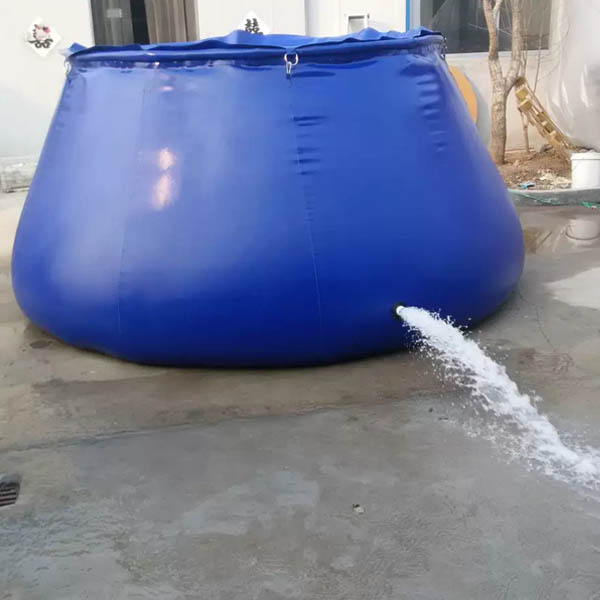
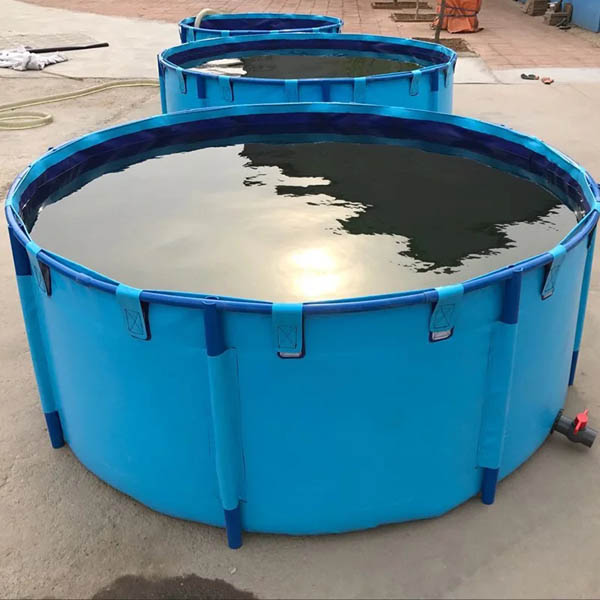
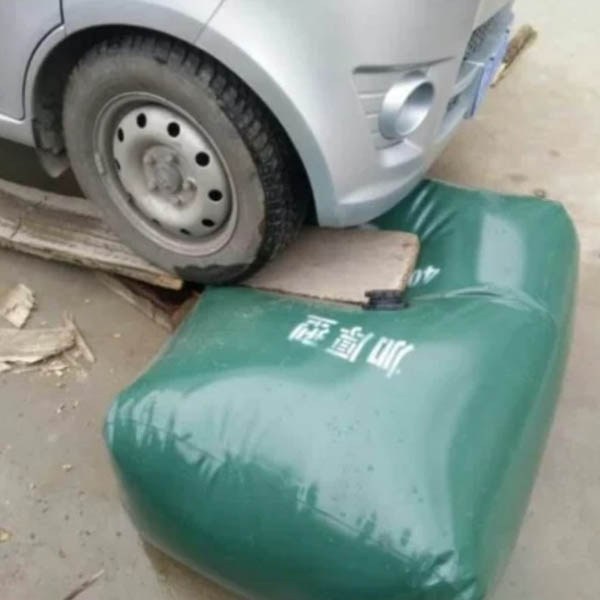
The adaptability of these tanks ensures reliable water access, contributing to operational efficiency and safety across these critical applications.
Vendor Comparison: Evaluating Flexible Water Tank Providers
Selecting the right supplier for a Portable Flexible Water Tank/Onion forestry water tank is crucial for ensuring product quality, reliability, and long-term support. While many vendors offer flexible tanks, key differentiators exist.
| Attribute | Premium Provider (e.g., FFW Fire Safety) | Standard Provider |
|---|---|---|
| Material Quality | High-tenacity, UV-stabilized, chemical-resistant PVC/TPU, often with proprietary blends for enhanced durability. Certified materials. | Standard industrial-grade PVC; may lack advanced UV or chemical resistance; less rigorous material testing. |
| Manufacturing Process | Automated CNC cutting, advanced high-frequency welding, multi-stage quality control (hydrostatic, air pressure tests). ISO 9001 certified. | Manual cutting, basic hot air welding; fewer in-process quality checks; inconsistent seam integrity. |
| Certifications & Standards | ISO 9001, CE, specific material certifications (e.g., NSF/ANSI 61 for potable water), adherence to national safety standards. | May only meet basic local standards, limited or no international certifications. |
| Customization Options | Extensive options for capacity, fitting types/sizes, material variations, color, branding, and specialized applications. Engineering support. | Limited customization; typically standard sizes and fittings only. |
| Warranty & Support | Comprehensive warranty (e.g., 2-5 years), readily available technical support, after-sales service, repair kits. | Shorter or limited warranty, basic customer service, less technical expertise. |
| Target Industries | Forestry, emergency response, military, humanitarian aid, advanced agriculture, industrial. | General agriculture, small-scale construction, basic temporary storage. |
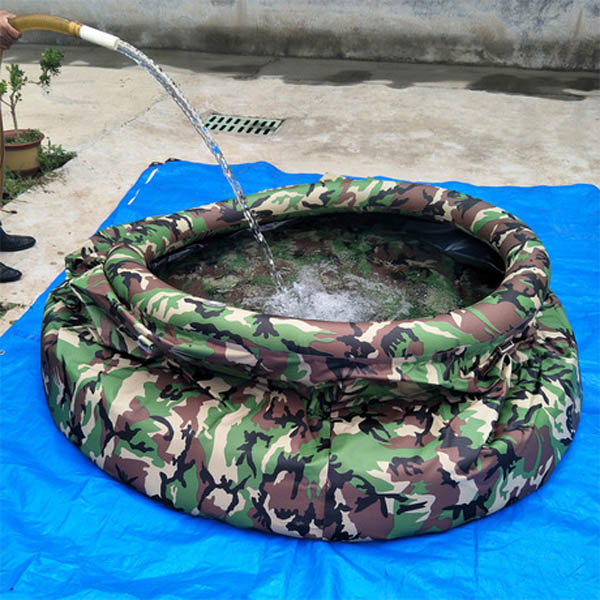
Choosing a vendor with a proven track record, robust quality control, and comprehensive support like FFW Fire Safety ensures optimal performance and a lower total cost of ownership over the product's lifespan.
Customized Solutions for Specific Demands
Recognizing that off-the-shelf solutions may not always meet every unique operational requirement, providers of Portable Flexible Water Tank/Onion forestry water tank offer extensive customization capabilities. These bespoke solutions ensure optimal integration and performance within specialized B2B contexts.
- Capacity and Dimensions: Tanks can be engineered to precise volume requirements, from small 200-liter units for individual field use to massive 200,000-liter reservoirs for large-scale operations, with corresponding adjustments in footprint to fit available space.
- Material Specifications: Customization extends to the base fabric and polymer coating. Options include materials with enhanced resistance to specific chemicals, extreme temperatures, or prolonged UV exposure. Potable water tanks, for instance, utilize FDA-approved, food-grade materials and coatings to prevent water contamination.
- Fittings and Connections: Inlet/outlet sizes, types (e.g., camlock, Storz, NPT, flange), and positioning can be fully customized to seamlessly integrate with existing pumping systems, hoses, and distribution networks. Multiple ports can be added for simultaneous filling and discharge.
- Reinforcements and Protective Features: Additional reinforcement layers, abrasion-resistant bottom sheets, or specialized ground covers can be incorporated for deployment in exceptionally rugged or abrasive environments.
- Color and Branding: Tanks can be supplied in specific colors for camouflage, heat reflection, or organizational branding. Company logos and identification marks can also be applied for asset management and public recognition.
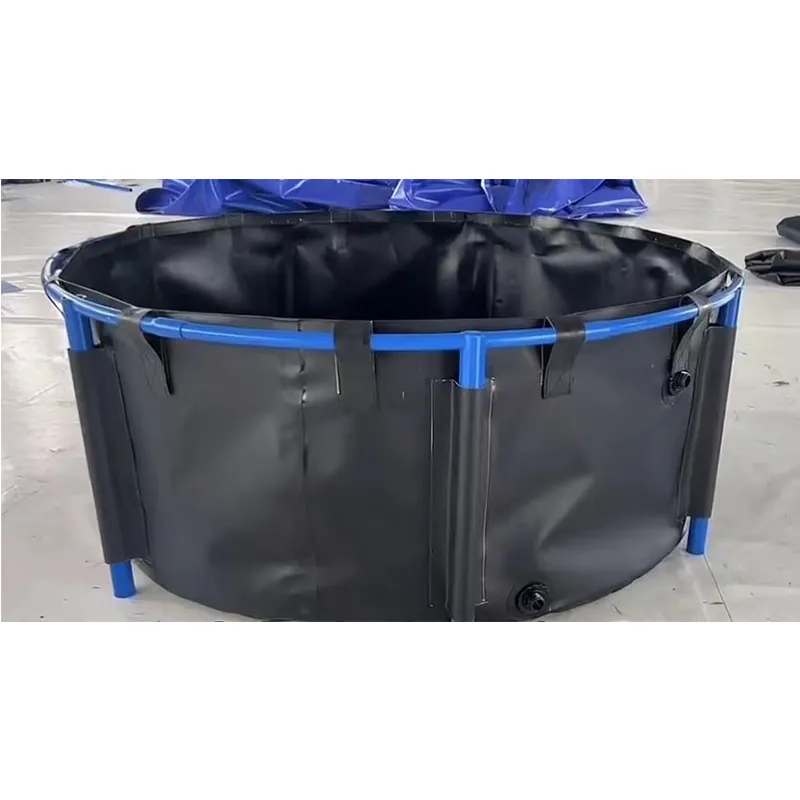
Engaging with a manufacturer capable of comprehensive customization ensures that the flexible water tank solution is perfectly aligned with operational demands, maximizing efficiency and return on investment.
Application Case Studies
Real-world deployments demonstrate the transformative impact of the Portable Flexible Water Tank/Onion forestry water tank in critical situations.
Case Study 1: Wildfire Suppression in Arid Regions
During a severe wildfire season in a mountainous, arid region, emergency services faced challenges in rapidly establishing water supply points for helicopter bucket operations. Traditional rigid tanks were impractical due to difficult terrain and slow deployment times. A regional fire agency procured several 10,000-liter Portable Flexible Water Tank/Onion forestry water tank units. These tanks were air-dropped into strategic locations and filled using portable pumping units from nearby streams or tanker trucks. This enabled continuous aerial water drops, reducing turnaround times by over 60% compared to previous methods. The self-supporting onion design proved stable on uneven ground, and the rugged material resisted abrasions from rocks and debris. This efficiency significantly contributed to containing the fires faster and minimizing ecological damage.
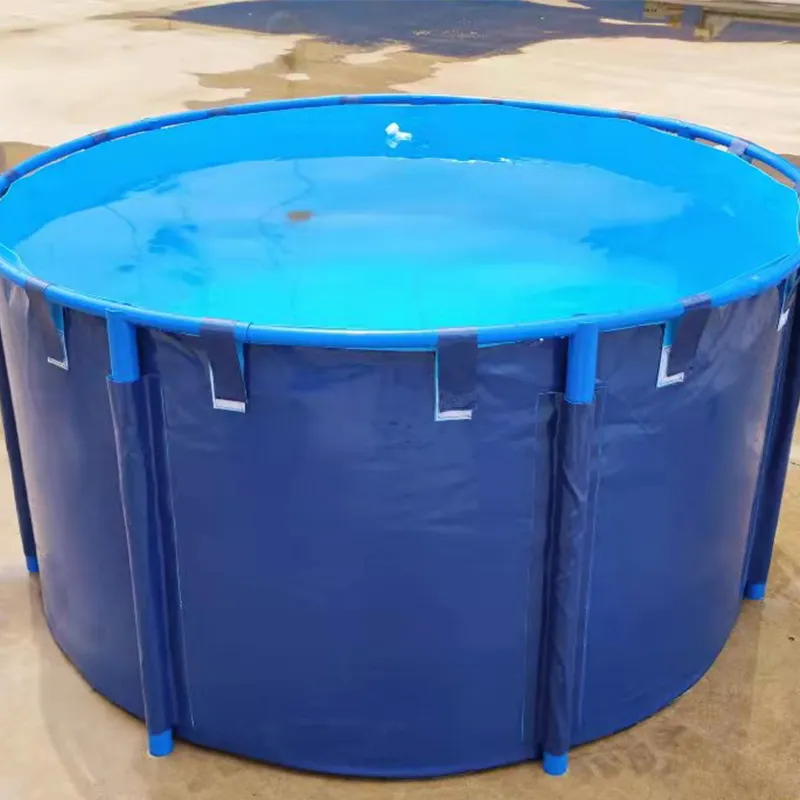
Case Study 2: Humanitarian Water Supply in Post-Disaster Zones
Following a devastating earthquake that destroyed critical water infrastructure in a remote island nation, an international aid organization needed to establish immediate, safe drinking water distribution points. Utilizing 5,000-liter and 10,000-liter flexible tanks made from FDA-approved, potable-water-grade materials, the organization rapidly deployed these units across affected villages. The tanks were easily transported via small boats and utility vehicles, then filled from emergency purification units. Their sealed design prevented secondary contamination, and their rapid setup allowed for swift provision of clean water to thousands of displaced individuals, averting widespread waterborne diseases. This showcased the tanks' critical role in public health and crisis response.
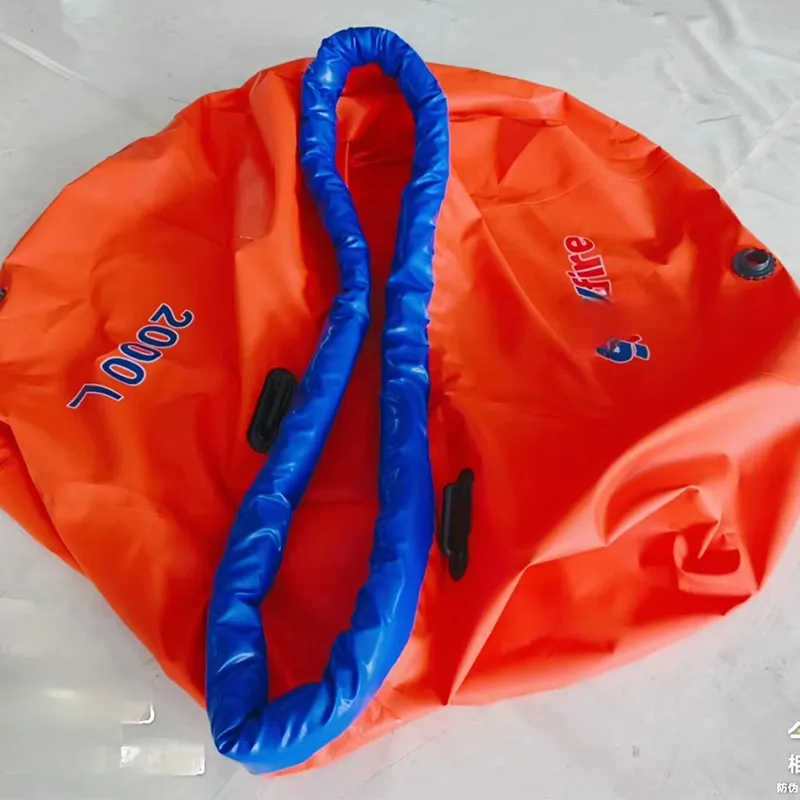
Ensuring Trustworthiness and Client Support
For B2B clients, trustworthiness is built on transparent commitments to quality, reliability, and robust support. Our approach encompasses clear policies and readily accessible information.
Frequently Asked Questions (FAQ)
-
Q: What is the typical lifespan of a flexible water tank?
A: Under normal operating conditions and proper maintenance, our tanks are designed for a service life of 5 to 10 years, depending on the material and specific application. -
Q: Can these tanks be used for potable water?
A: Yes, we offer specific models made from FDA-approved, food-grade PVC or TPU materials that are certified safe for storing potable drinking water. -
Q: How do I clean and maintain a flexible water tank?
A: Tanks should be periodically drained, rinsed with clean water, and allowed to air dry completely before folding for storage. Avoid harsh chemicals. Detailed maintenance guides are provided with each product. -
Q: Are repair kits available for punctures?
A: Yes, we provide comprehensive repair kits that allow for quick and effective field repairs, minimizing downtime and extending the tank's operational life.
Lead Time and Fulfillment
Standard stock items typically ship within 3-5 business days. For customized Portable Flexible Water Tank/Onion forestry water tank solutions, lead times vary based on complexity and order volume, ranging from 2 to 6 weeks. We maintain a robust supply chain and efficient production processes to meet urgent requirements, with expedited shipping options available upon request.
Warranty Commitments
All our Portable Flexible Water Tank/Onion forestry water tank products come with a standard 2-year manufacturer's warranty against defects in materials and workmanship, extendable to 5 years for premium industrial-grade models. This warranty underscores our commitment to quality and provides clients with peace of mind. Specific warranty details are outlined in our product documentation.
Dedicated Customer Support
Our dedicated technical support team is available to assist with product selection, installation guidance, operational troubleshooting, and post-sales inquiries. Clients can reach us via phone, email, or our online portal for prompt and expert assistance. We are committed to fostering long-term partnerships built on trust and reliable service.
References
- Grand View Research. (2023). "Flexible Tank Market Size, Share & Trends Analysis Report By Product, By Material, By Application, By Region, And Segment Forecasts, 2021 - 2028."
- International Organization for Standardization. (2024). "ISO 9001:2015 Quality management systems - Requirements."
- ASTM International. (2024). "ASTM D751 - Standard Test Methods for Coated Fabrics."
- Food and Drug Administration. (2024). "Code of Federal Regulations Title 21 - Food and Drugs."









